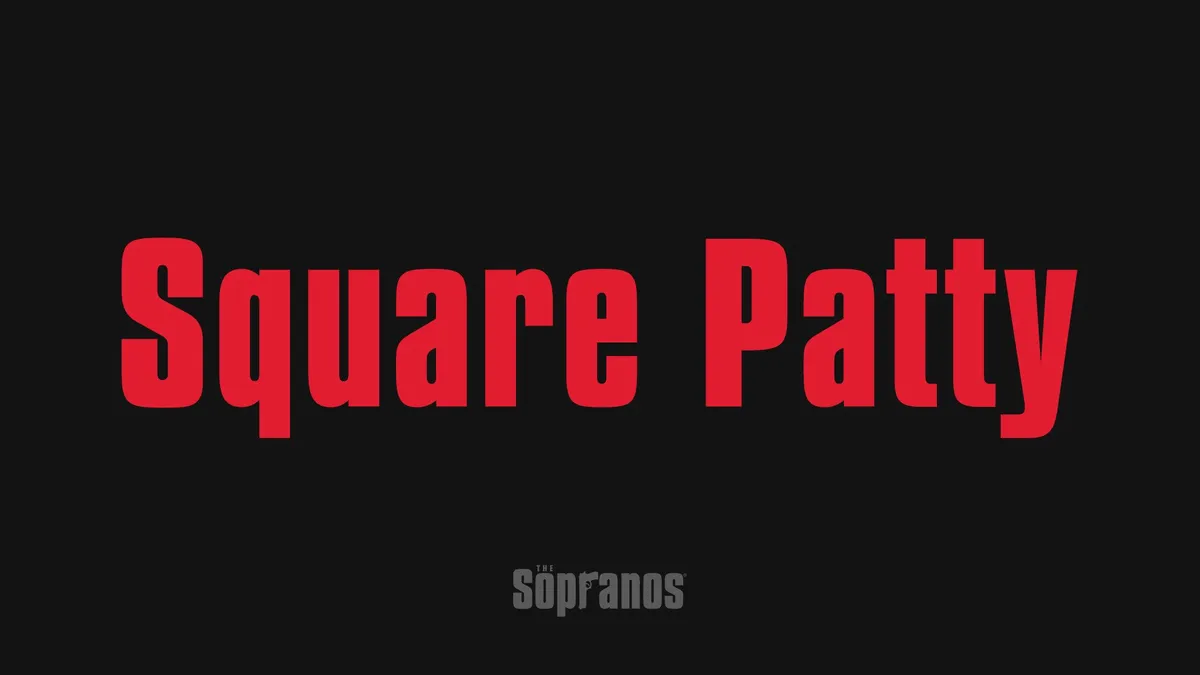Correction: A previous version of this story misstated the number of organic impressions earned by the campaign, based on incorrect information provided to Mobile Marketer. The correct number is 300 million, according to HBO. The article has been updated to reflect this.
AUSTIN, TEXAS — When HBO aired the iconic, divisive series finale of "The Sopranos" back in 2007, Twitter was still a messaging start-up, a year away from breakthrough user growth and years away from becoming a marketing concern. But when the network celebrated the show's 20th anniversary in January, it decided to rethink how to market the show for a new social media-savvy generation.
The result was a nickname campaign for "The Sopranos." With one tweet, HBO called out for accounts that wanted a mob-inspired nickname, receiving more than 24,000 responses in a few hours. Then, the brand, along with marketing firm Engine Group, responded to a few hundred celebrities and brands with nicknames in the style of a "Sopranos" title card.
Wendy's was "Square Patty" and Olive Garden was "La Famiglia," for example, and with one tweet and zero media budget, HBO notched more than 300 million organic impressions.
"Why would you sit in a room with someone who just [repeatedly] says, 'it's not TV, it's HBO, it's not TV, it's HBO'?"

Alphonzo Terrell
HBO, Director of digital and social marketing
HBO and Engine detailed the campaign during a March 10 panel at the South by Southwest conference in Austin, Texas. The panel, titled "Is Social Media the New Fast Food?" addressed how to make social media part of a balanced marketing diet.
"We look to social media to extend the world of our stories, to bring them to life in exciting ways, and give people a sense that the show doesn't end with the hour or half-hour you see on screen," said Alphonzo Terrell, director of digital and social marketing for HBO.
When it comes to how much to rely on social media, Terrell and HBO often opt for a less is more approach, so that the brand is
"[We are] really focusing on that asset or moment to start a conversation or participate in one, rather than [saying] 'here is the messaging that I'm going to bombard you with,'" Terrell said.
"We approach it as a conversation. Why would you sit in a room with someone who just [repeatedly] says, 'it's not TV, it's HBO, it's not TV, it's HBO'?"
Personalized, in-the-moment content is a hit
For the "Sopranos" campaign, the initial impetus was to ask a question of the audience from a first-person perspective, to make the effort feel more natural.
"We couldn't possibly respond to everyone — we possibly got out about 200 — which made it special," Terrell said. "If we were able to generate something personalized that could only happen in that moment, that created value that otherwise wouldn't be there."
The desire to create a valuable exchange is why HBO opted not to use something like the Wu-Tang Name Generator that infamously gave musician Childish Gambino his name, Terrell explained. Instead, HBO and Engine researched each response, embracing the tone of Twitter and taking slight risks, like when they dubbed Twitter founder Jack Dorsey "Jackie No Edits."
"Making it personal, understanding that less is more and taking the time to treat everyone as individuals as a brand was kind of rare, so I think people appreciated it," Terrell said.
For HBO, the value of the personalized, in-the-moment content is paramount to making its social media efforts feel like more than fast food, a lesson that can be used by other brands.
A strong social value proposition
It's important to consider the value of exchange when crafting social media campaigns, according to Zihla Salinas, Engine's CEO of content.
"What type of things can you authentically deliver? Are you meant to provide entertainment, utility, information or increase social connection? A strong social value proposition is at the center," said Salinas.
Having a strong value proposition on social media becomes even more important as consumers re-evaluate their relationships with social media platforms. More than one-fifth of consumers can't go an hour without checking social media, despite 70% believing that social media is making people less social, according to data shared by Melanie Shreffler, the senior insights director at Cassandra, during the panel.
Even more worrisome for social media platforms and the brands that rely on them, some consumers are ready to leave, with 37% undertaking a "digital detox" and another 33% considering one. Even more drastically, 46% have temporarily deleted their accounts, with 36% permanently doing so.
To be a part of the solution and not the problem, brands must deliver that value rather than focusing on things that feed unhealthy social media behavior, like prioritizing likes, follows and shares, according to Salinas.
"The content that works best is the one that incites dialogue. It's not a one-way dialogue, pushing information at you — it's having one-to-one relationships," she explained.
For HBO, having a one-to-one relationship has meant focusing on tone of voice, format of content, and context. The network works to make sure its social media has a viewpoint — if not an agenda — that reflects authentically how the people behind the brand feel. Despite being a broadcaster that specializes in video, HBO's social media reflects the best format, be it video, text or image.
"Context is the hardest but also most important," Terrell said. "If you've been planning the epic post for International Women's Day, and then something goes down with your brand… you're going to get flamed."















